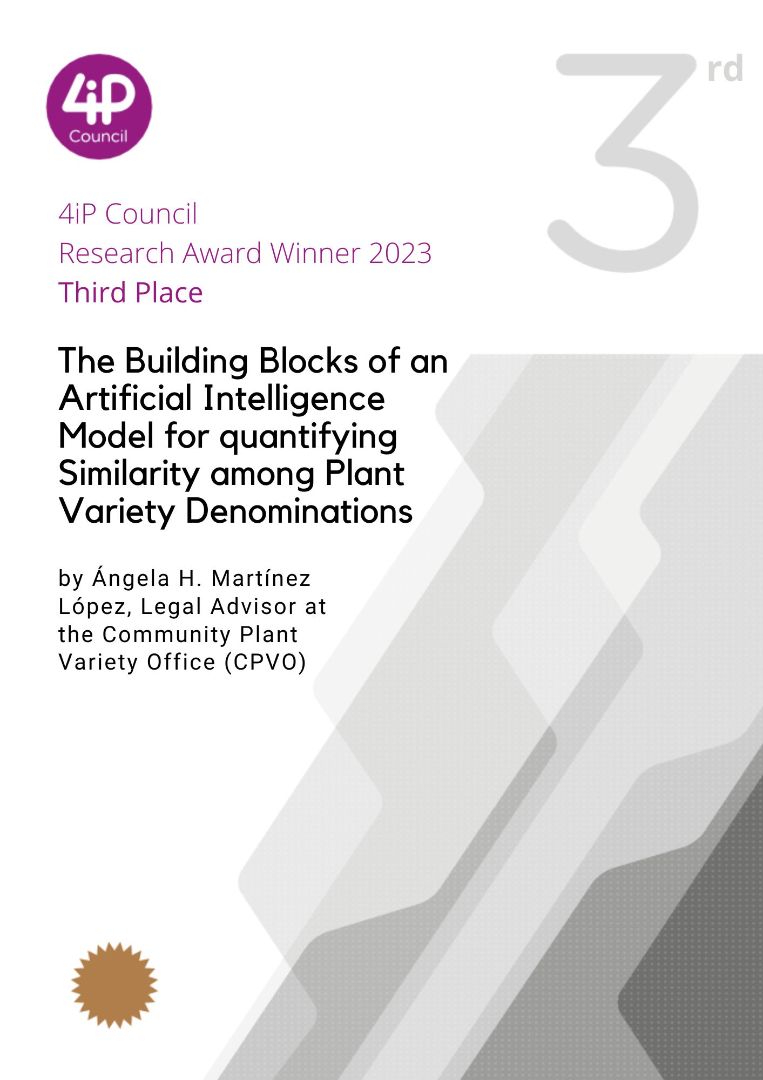A FRAND Regime for Dominant Digital Platforms
By Mathew Heim and Igor Nikolic
I. Introduction
The European Commission is considering what role competition policy may play in addressing concerns linked to the market power of digital platforms.2 The question is apposite, given that digital platforms can grow – and have grown – to a significant scale quickly and their market position, exacerbated by network effects, may soon appear unassailable. The impact of dominant digital platforms can also be felt on adjacent and downstream markets, whether as a result of multi-sided markets or possible leveraging. Yet applying traditional competition law doctrines to evolving technology markets raises a host of challenges for regulators.
In addition to more ‘classic’ competition concerns, new issues, not traditionally within the competition policy space, are increasingly being voiced. These issues are linked to: the importance of data as the fuel of the new economy, privacy and data protection, media plurality and democratic health or the like.






